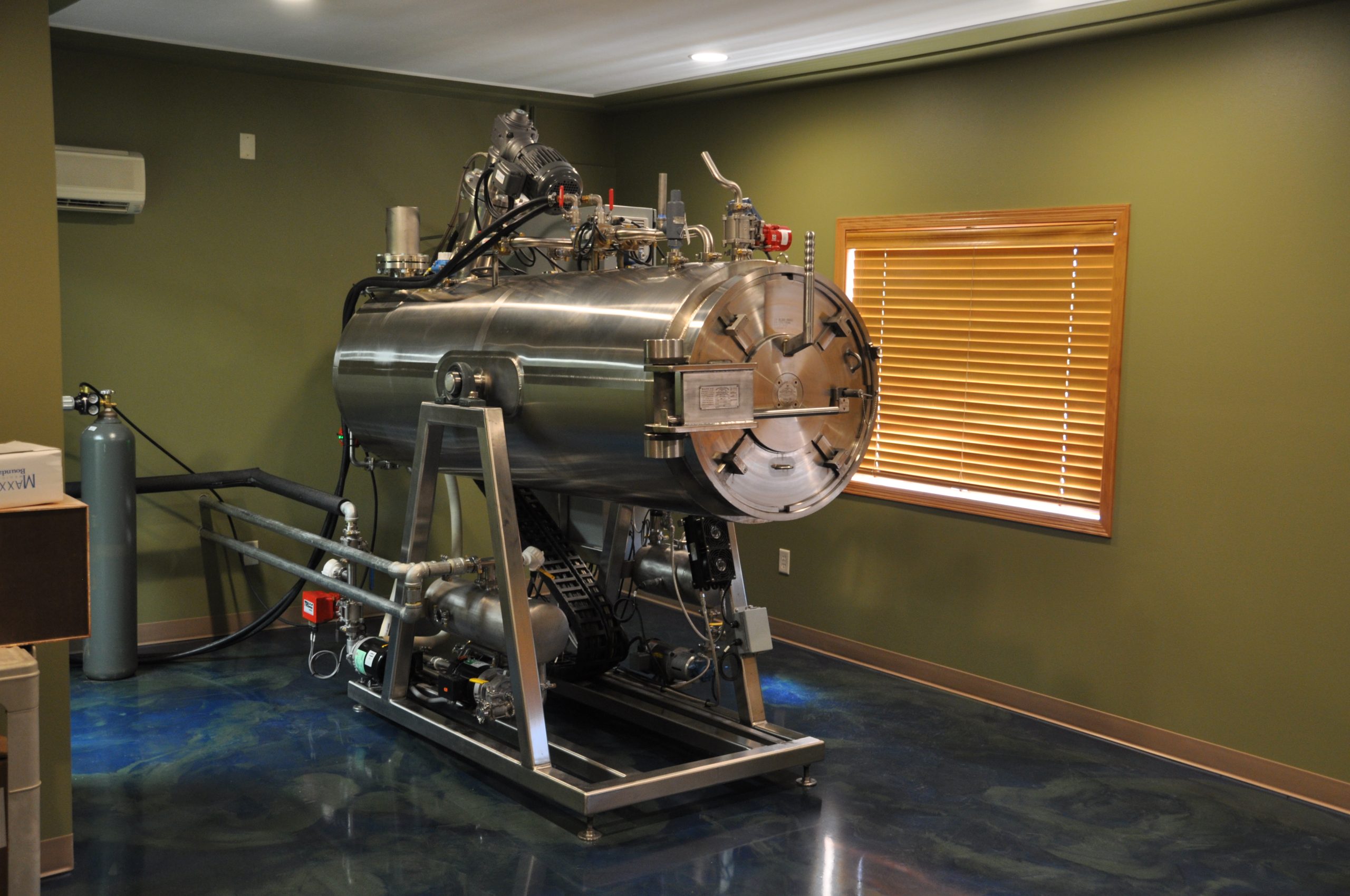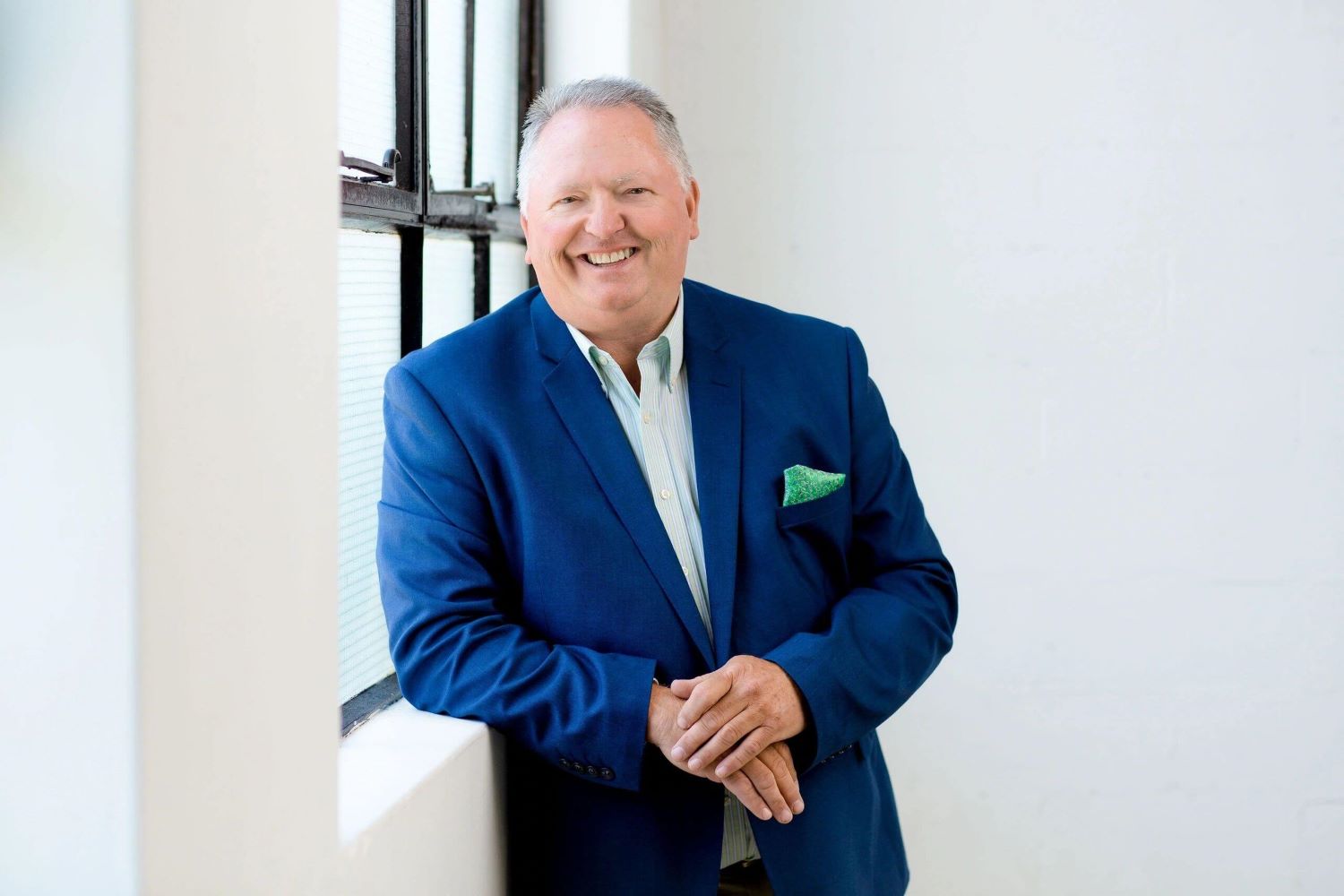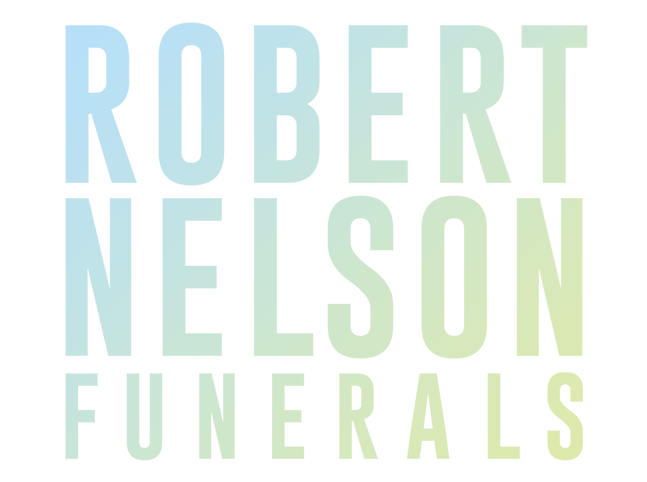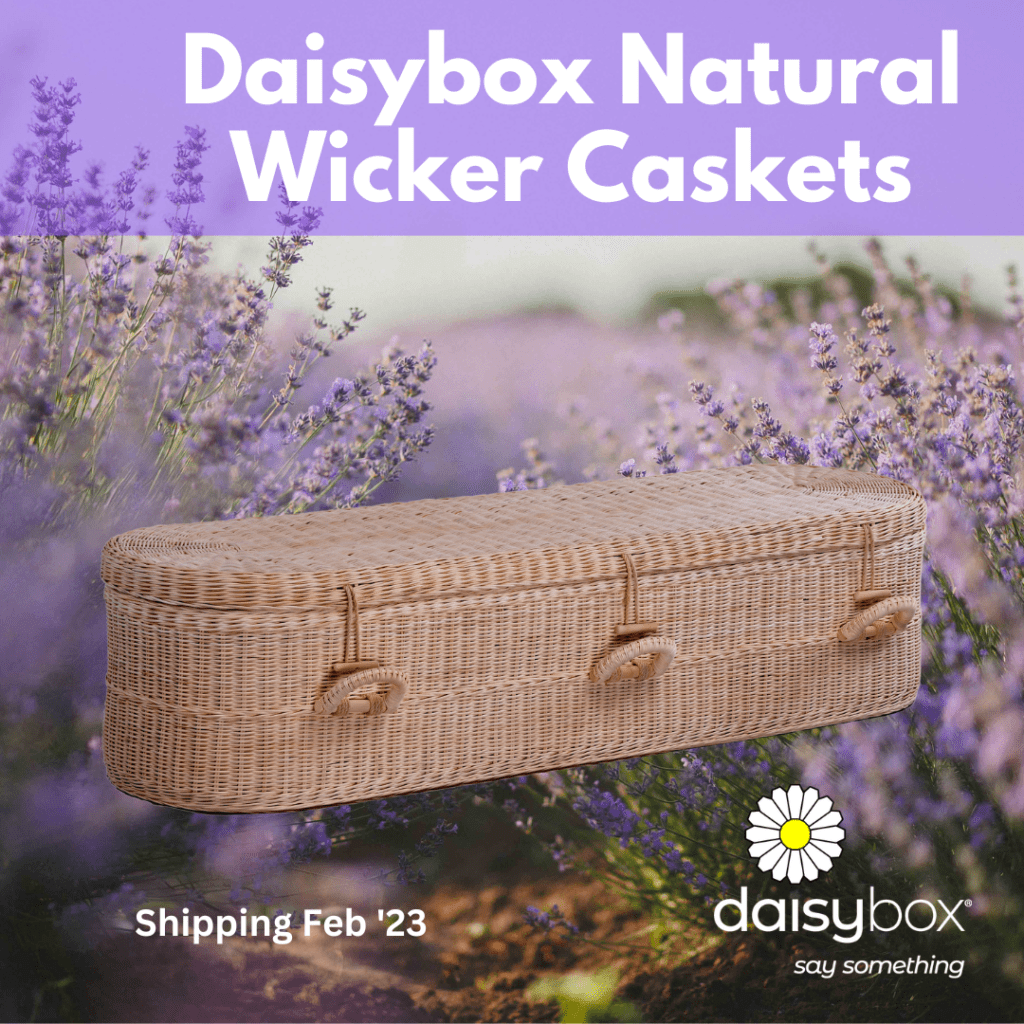Enviro Funerals Do They Exist
As with nearly everything these days, people across the world are becoming environmentally aware. Funerals are no different. With the increasing number of funeral homes that are now offering environmental options we thought it was a good idea to look more closely as to what environmental options are available and take a closer look at just how “Enviro Funerals” they might actually be and let you make your own mind up.
Burial v Cremation
Cremation into the future

Enviro Funerals, you be the judge?
Throughout the world there has been increased interest about Alkaline Hydrolysis, a safe and eco friendly alternative to flame cremation or burial. Alkaline Hydrolysis uses water instead of fire. With claims of 90% less energy used than flame cremation and 0% emissions of harmful greenhouse gases. On the surface, this process looks like it could be a great environmental alternative to conventional cremation. Yet, with Alkaline Hydrolysis taking approximately two days, against flame cremation taking only a few hours, there may still be some way to go in this area before its taken up as a total viable alternative.
Cremation is the preferred option in Victoria where more people in suburban areas choose cremation as distinct from burial. It should be noted that burial in Victoria is for perpetuity, meaning that the burial has no ending and the grave will be there forever. (in other states and countries throughout the world, burial is limited in tenure, where graves will be reused). Regular maintenance is required for each grave including lawn graves. With over 560 cemeteries in Victoria alone (National Competition Policy review of The Cemeteries Act 1958 Victoria), there is considerable maintenance required. Many of these cemeteries are now closed (full). It should be noted that a component of cremation fees subsides the ongoing maintenance cost of cemeteries.

So I guess in considering the environmental impact of burial, ongoing maintenance should be taken into consideration.
Cardboard v Timber Coffins or caskets, are these the answer to Enviro Funerals?
As funeral directors, we are constantly asked why don’t we use cardboard coffins?
Cardboard coffins are available. There is little difference in cost between cardboard and particle board and some funeral directors complain about the structural integrity of the cardboard coffins, when exposed to either moisture or refrigeration. Some crematoria have made comment that more fuel is required in the cremation process when using cardboard, where as a timber coffin aids in the cremation process.
Perhaps an alternative is the wicker coffin.
Hand woven, using renewable materials. These types of coffins are now readily available in Australia, albeit are imported from overseas.
Fittings
Most coffins caskets have combustible (plastic) fittings, including, handles, name plates and crucifix. Some coffins still have metal fixtures. funeral directors have often been accused of reusing coffins and fittings, however in a highly regulated state likes ours (Victoria, Australia) it is simply not possible. However, most of our crematoriums here do actually remove the fixtures, not for reuse, but for environmental purposes. The fixtures are repurposed, but not reused. Interesting only the other day client asked me why they can’t be reused?
Vehicles and fuel efficiency
Most funeral vehicles are still petrol or diesel and to my knowledge no-one has yet moved to an environmental alternative.
Embalming and Body Preparation
There has been much written and said about the copious amounts of chemicals funeral directors use. Whilst it may make a great story, there is little evidence to support it. Basic body preparation requires little to no chemicals. The types of chemical used in basic preparation may equate to disinfection of the equipment. These chemicals are similar to what can be found in any household.
Full embalming does however use some speciality product, but the quantity is small. The types of chemicals varies considerably and more embalming fluid manufactures are taking into account OH&S and the environment in developing new products.
In Australia few companies embalm every body. Those companies that do embalm, do so for a reason, so before running out and deciding you don’t need embalming, talk to your funeral director first. The total amount of embalming fluid used is probably not that significant. Presently there is no other alternatives to embalming.

The Final Word
So, where does that leave the funeral industry and those that are wanting an environmental alternatives?
Confused?
” It’s important to be cautious and critical when evaluating such claims. Sometimes, marketing messages may not accurately reflect the true environmental impact of a service or product.
If you’re considering a funeral service with an environmental focus, it might be helpful to do some research and ask specific questions about their practices. Look for details about the materials they use, their waste management procedures, and any certifications or third-party assessments they may have.
Additionally, consider seeking reviews or testimonials from others who have used the service to get a sense of their experiences. Taking these steps can help you make a more informed decision and ensure that the service aligns with your values and expectations.


